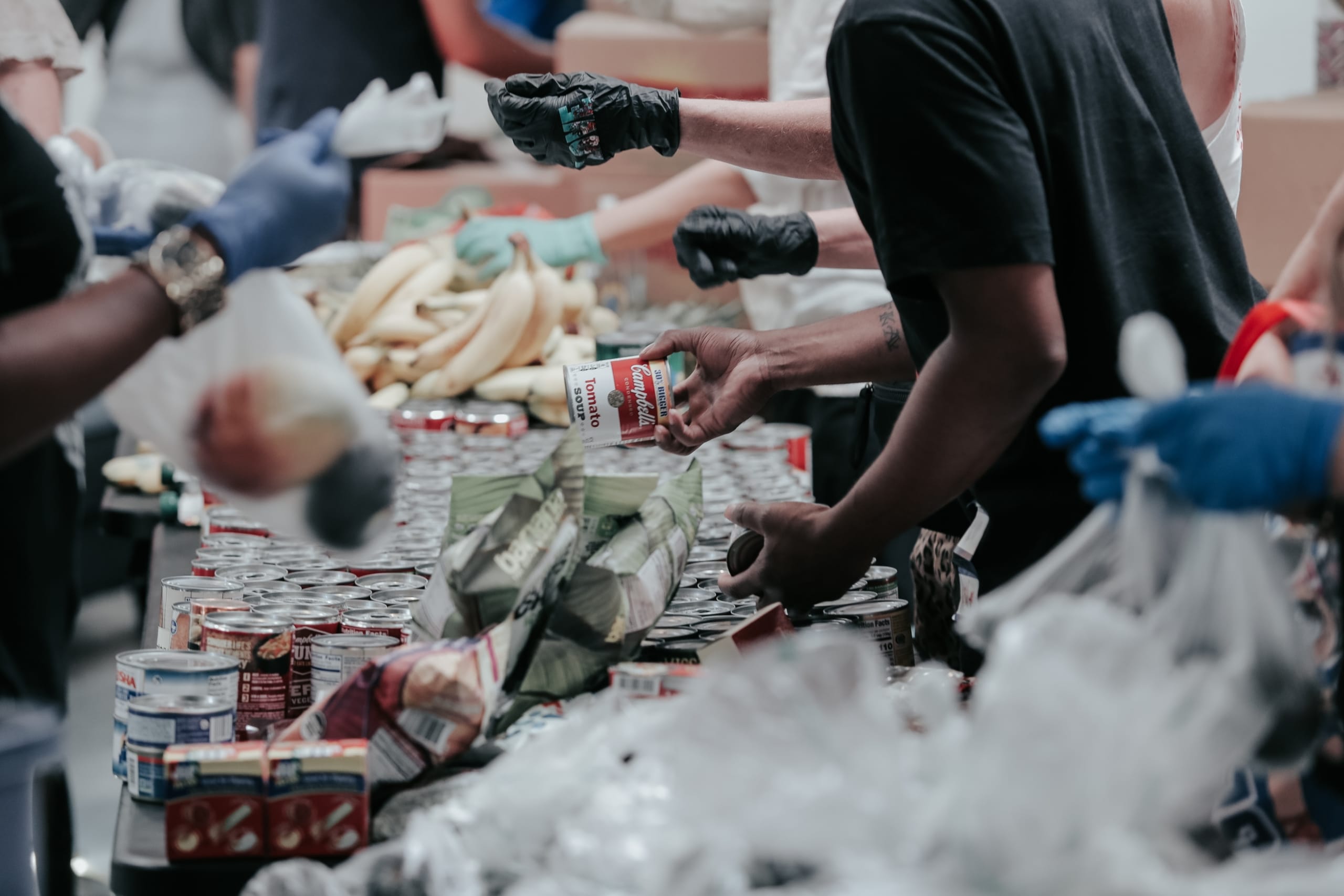When presented with an opportunity to do something, we are always wondering what the benefit will be for us. Always. Sometimes we explicitly ask, “what is in it for me?” An outward expression of the inner reality.
Growing up as a Christian, I was told this was something that needed to be fought. It was selfishness, pure and simple.
As an adult, I have discovered it is not quite as simple as that.
Honest and Clear Motivations
Here is the rub. I cannot really move away from me. I have this one person I am responsible for stewarding, for protecting. Try as I may, I can never get away from that. At least not fully.

When we make a sacrifice, we are not just saying we think there is something more important than us. It is not like we have discovered there is something worth abandoning ourselves to pursue. What we are essentially recognizing is that sacrifice is best for me as well as for others. For example, to lay down your life for a spouse is an indication that laying down your life for a loved one is the best stewardship of your own self.
What I am trying to say is that sacrifice is not just good for the other, it is good for me. If I do not believe that, deep down, I will not make the sacrifice.
This was (and is) a hard thing for me to come to grips with. It seems more clear, more noble if I can convince myself I do things purely for the noble purpose of others. Nothing in it for me. The truth is nobody does anything they do not think is in their best self-interest, including sacrifice and serving others.
This does not diminish the act of service, it just makes it more honest. In my opinion, the problem is not that we ask, “what is in it for me” but that we do not ask it well enough.
Superficial Versus Significance
All of our distaste with the question of what is in it for me, all of our ideas about selfishness, are because we have completely married the idea of our self interest with superficiality.
This should be fought. This is insidious.
Using others to experience a brief dopamine hit, pursuing vapid material gains, and obsessing solely over our own circumstantial emotions, desires, and hopes is not healthy. It is not good. It is not good for us.
Perhaps we ought to ask, “what is in it for me?” concerning our possessions. If we have all the things, but no healthy community, what is the real benefit? If we achieve circumstantial heights but are either alone or have not discovered any true purpose beyond ourselves, what have we really gained?
The real irony of human living is that we find what we most want, what is best for us, when we give, sacrifice, love, participate in community, and find a cause bigger than ourselves to which we can contribute.
Our true self-interest is deeper than the things we can accumulate, the physical realities we can measure.
Deep down, we know this. It is why we want to be loved and why we are desperate for something outside of us to love.
The truth is what is best for us and what is best for others is not mutually exclusive. In fact, the opposite is true – they are mutually inclusive! They depend on one another, two threads woven together into meaningful life.




